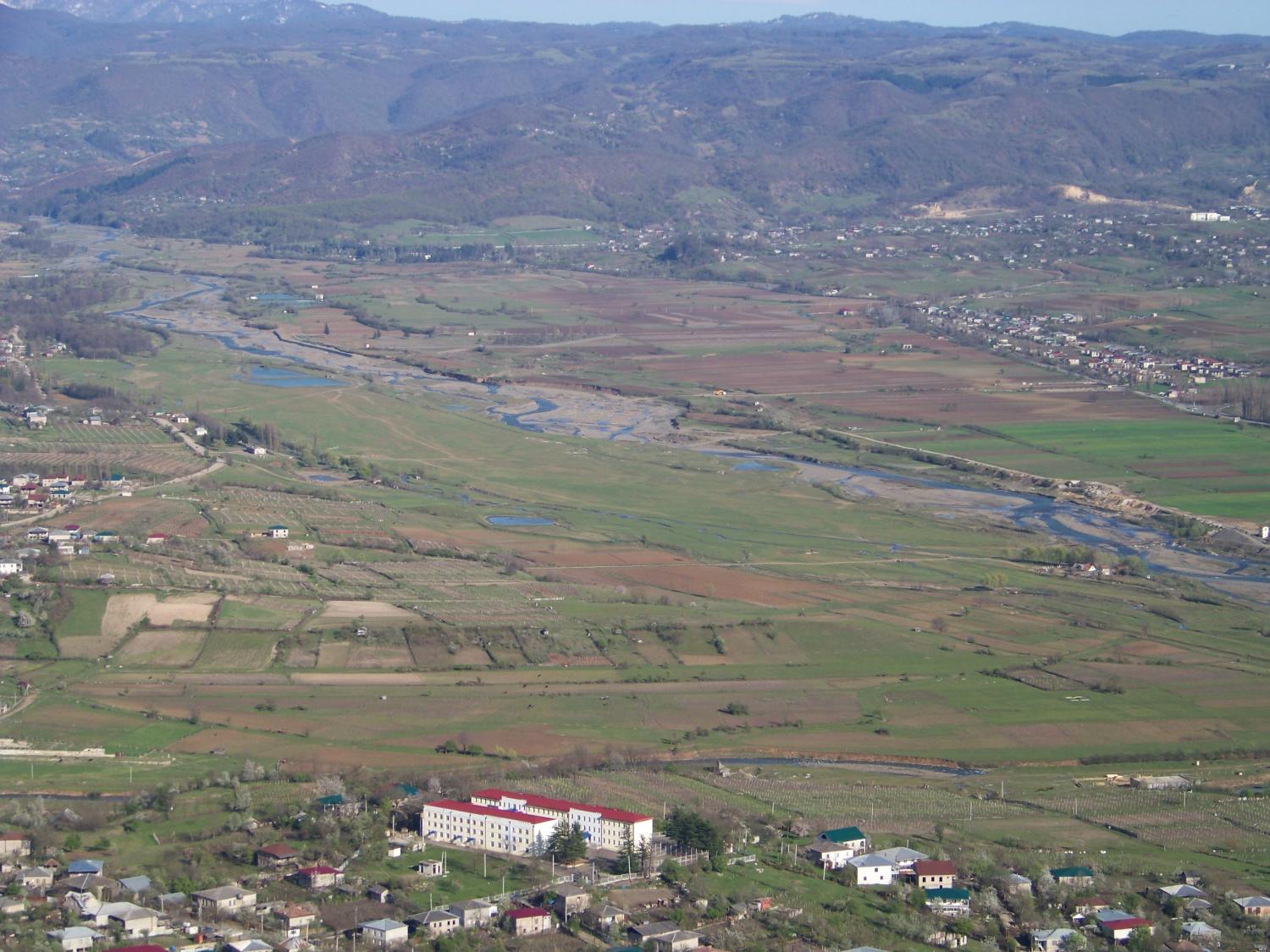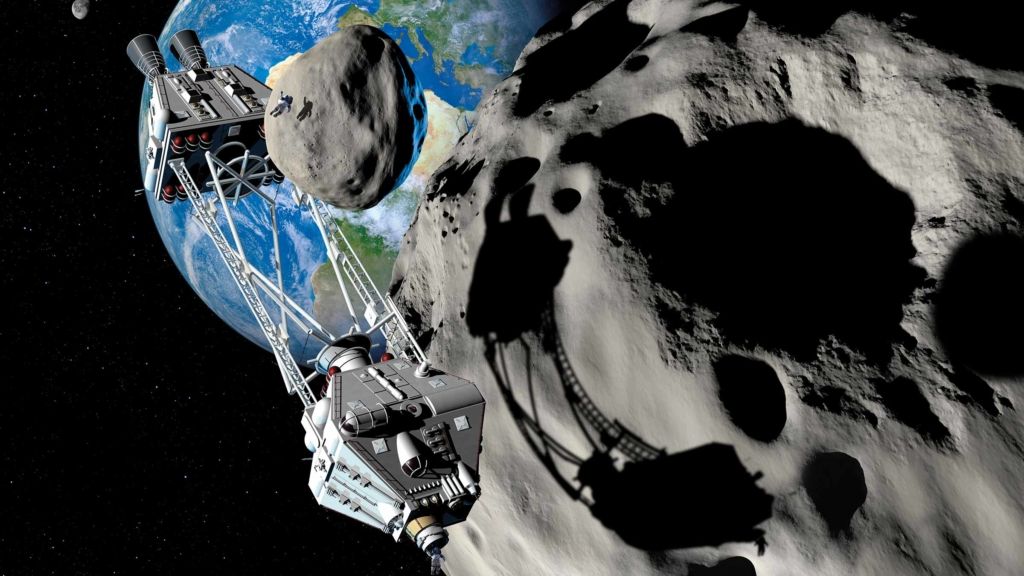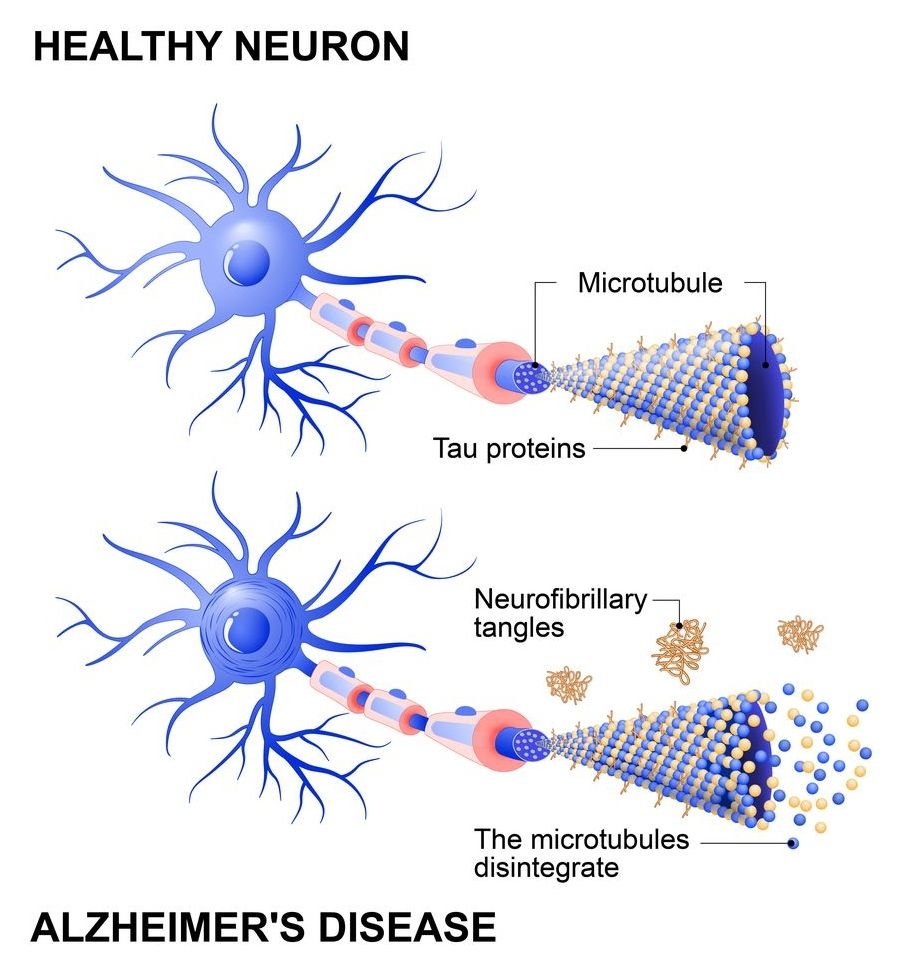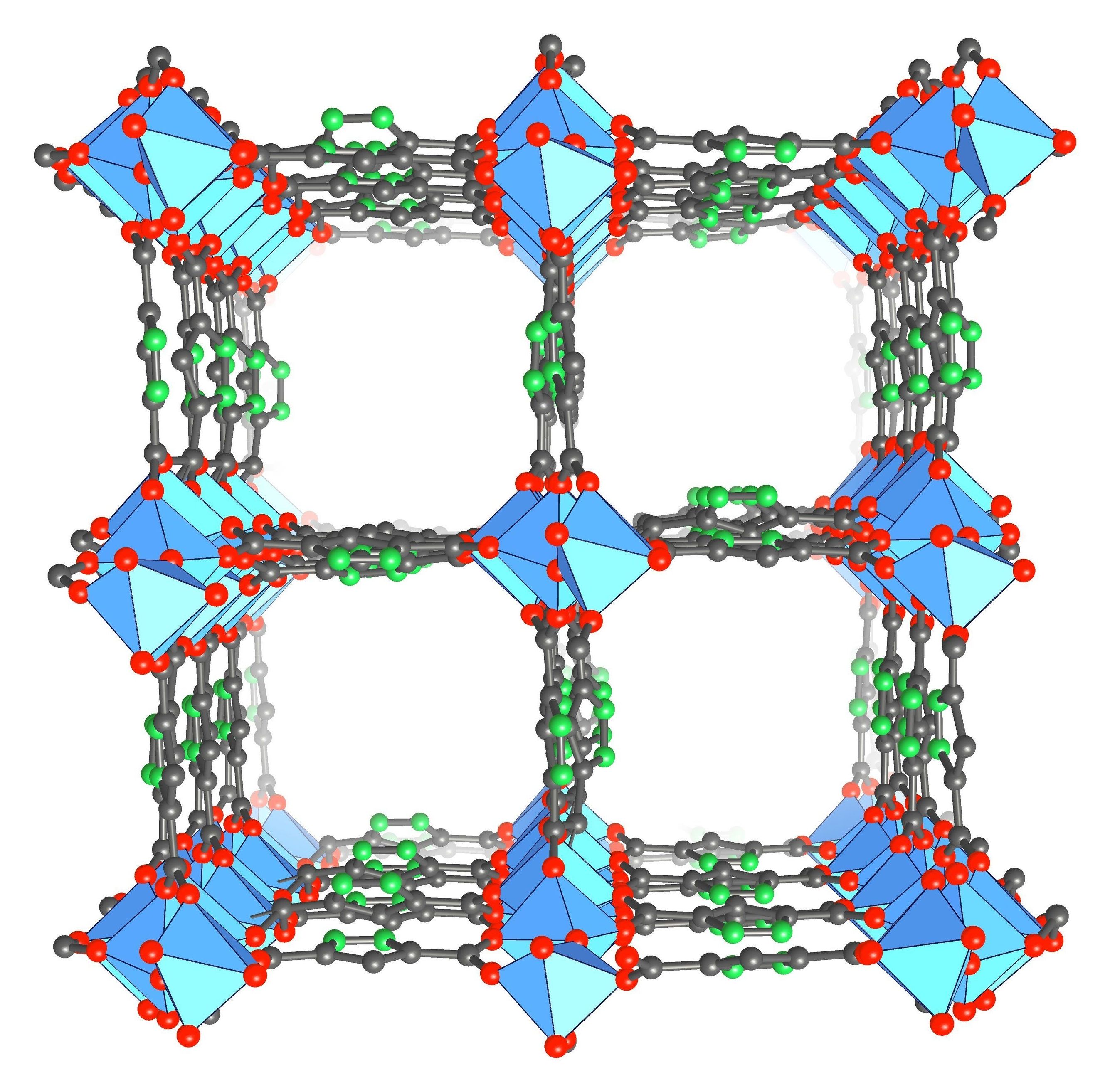Page 10113
Jun 11, 2018
Wastewater treatment plants are key route into UK rivers for microplastics
Posted by Bill Kemp in category: materials
Water samples from UK rivers contained significantly higher concentrations of microplastics downstream from wastewater treatment plants, according to one of the first studies to determine potential sources of microplastics pollution.
Scientists from the University of Leeds measured microplastics concentrations up and downstream of six wastewater treatment plants and found that all of the plants were linked to an increase in microplastics in the rivers—on average up to three times higher but in one instance by a factor of 69.
Lead author Dr. Paul Kay, from the School of Geography at Leeds, said: Microplastics are one of the least studied groups of contaminants in river systems. These tiny plastic fragments and flakes may prove to be one of the biggest challenges in repairing the widespread environmental harm plastics have caused. Finding key entry points of microplastics, such as wastewater treatment plants, can provide focus points to combating their distribution.
With private companies turning their attention to the riches of asteroids, the first trillionaire could be made in space. Andrew Glester explores the challenges of mining space rocks.
Jun 11, 2018
Bioquark Inc. — “Living Forever” — Future Sandwich Podcast — Ira Pastor
Posted by Ira S. Pastor in categories: aging, bioengineering, biotech/medical, cryonics, DNA, futurism, genetics, health, life extension, Peter Diamandis

Jun 11, 2018
Technical Analysis: Can it predict future asset value?
Posted by Philip Raymond in categories: bitcoin, business, cryptocurrencies, economics, finance
I love clearing the air with a single dismissive answer to a seemingly complex question. Short, dismissive retorts are definitive, but arrogant. It reminds readers that I am sometimes a smart a*ss.
Is technical analysis a reasoned approach for
investors to predict future value of an asset?
In a word, the answer is “Hell No!”. (Actually, that’s two words. Feel free to drop the adjective). Although many technical analysts earnestly believe their craft, the approach has no value and does not hold up to a fundamental (aka: facts-based) approach.
One word arrogance comes with an obligation to substantiate—and, so, let’s begin with examples of each approach.
Continue reading “Technical Analysis: Can it predict future asset value?” »

I was going blind which is not a good thing when you need to see to run a growing nonprofit. Luckily, it is 2018 and technology is advancing at an exponential rate so I had some options. Following is my story which is relevant for many reasons including that we virtually all develop eye problems over time and the state of the art available is constantly changing.
MY STORY
I finally couldn’t read text at normal resolution on my 60″ monitor which is about 4 feet from my face (and normally at 1600×900 resolution to make the text bigger) so it was time to go to the optician again. The optician considerably upgraded my prescription to −17.25 diopters on my left eye and −12.25 diopters on my right eye but warned me that this might not improve my vision much due to the beginning of cataracts in my eyes. So unlike in the past where I bought my glasses from outside the country due to restrictions on being able to purchase thin lenses in the U.S. that were implemented during the Nixon administration, I ordered glasses locally so I could speed up the process.
I was unable to see well with the new glasses so it was time to visit an ophthalmologist that my optician recommended. The ophthalmologist had the following assessment:
Jun 11, 2018
How traffic signals favour cars and discourage walking
Posted by Bill Kemp in categories: health, policy, transportation
We need more walkable cities and fewer cars! If aliens came to our planet they would conclude that cars are the dominant species!
Traffic signals give priority to motor vehicles over pedestrians. This inequality undermines many of the stated goals of transport, health and environment policy.
State and city governments say they want to encourage walking and biking for many reasons:
Jun 11, 2018
Researchers Reverse Cognitive Impairments in Mice with Alzheimer’s
Posted by Nicola Bagalà in categories: biotech/medical, neuroscience
FDA-approved asthma drug appears to be effective against dementia in mice.
For the first time in an animal model, researchers at the Lewis Katz School of Medicine at Temple University showed that the tau pathology that accompanies Alzheimer’s disease can be reversed using the asthma drug zileuton [1].
Abstract
Continue reading “Researchers Reverse Cognitive Impairments in Mice with Alzheimer’s” »
Jun 11, 2018
A new system optimises electric transmission from offshore wind farms
Posted by Bill Kemp in categories: computing, sustainability
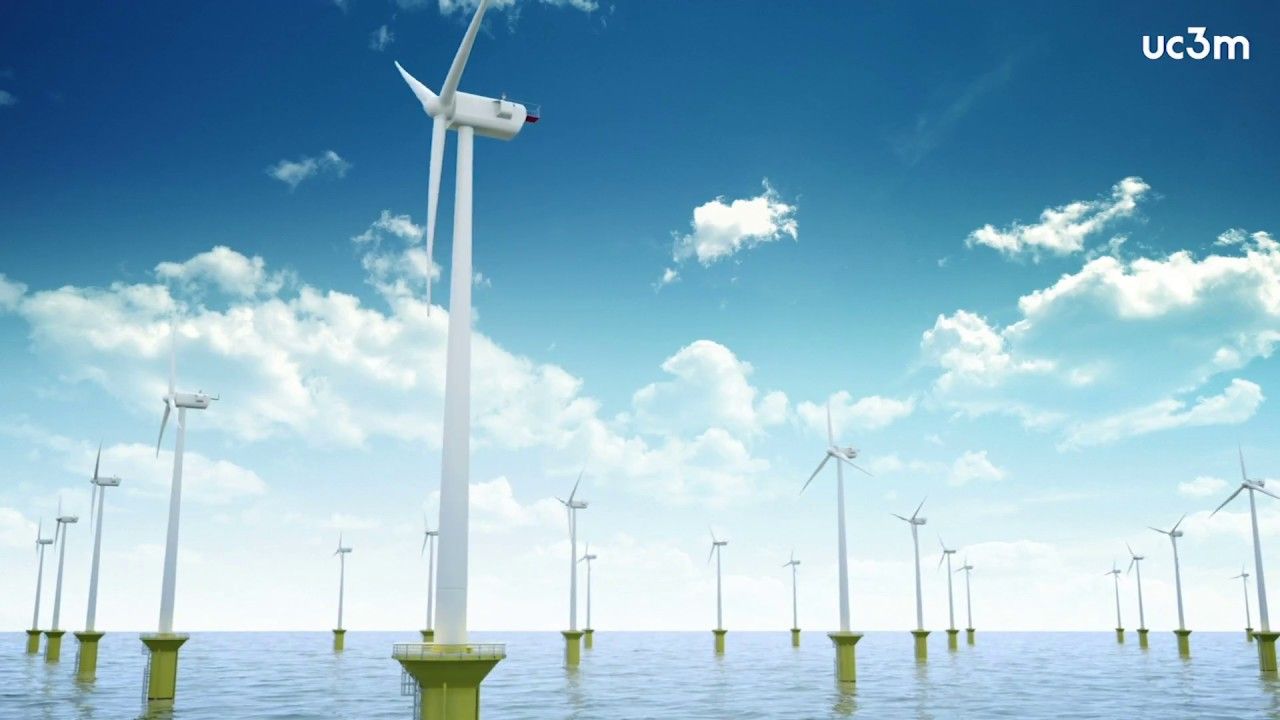
Scientists from Universidad Carlos III de Madrid (UC3M) have designed a new control system for wind turbines in offshore wind farms that allows power transmission to the coast in a more flexible and cheaper way than current solutions.
This innovation allows the use of a diode rectifier station in the offshore platform of a high voltage direct current (HVDC) link. In this way, the wind turbine’s alternating current (AC) can be easily converted into direct current (DC) for HVDC transmission.
Continue reading “A new system optimises electric transmission from offshore wind farms” »
Jun 11, 2018
In desert trials, next-generation water harvester delivers fresh water from air
Posted by Bill Kemp in categories: energy, habitats, sustainability
Last October, a University of California, Berkeley, team headed down to the Arizona desert, plopped their newest prototype water harvester into the backyard of a tract home and started sucking water out of the air without any power other than sunlight.
The successful field test of their larger, next-generation harvester proved what the team had predicted earlier in 2017: that the water harvester can extract drinkable water every day/night cycle at very low humidity and at low cost, making it ideal for people living in arid, water-starved areas of the world.
“There is nothing like this,” said Omar Yaghi, who invented the technology underlying the harvester. “It operates at ambient temperature with ambient sunlight, and with no additional energy input you can collect water in the desert. This laboratory-to-desert journey allowed us to really turn water harvesting from an interesting phenomenon into a science.”
Continue reading “In desert trials, next-generation water harvester delivers fresh water from air” »

